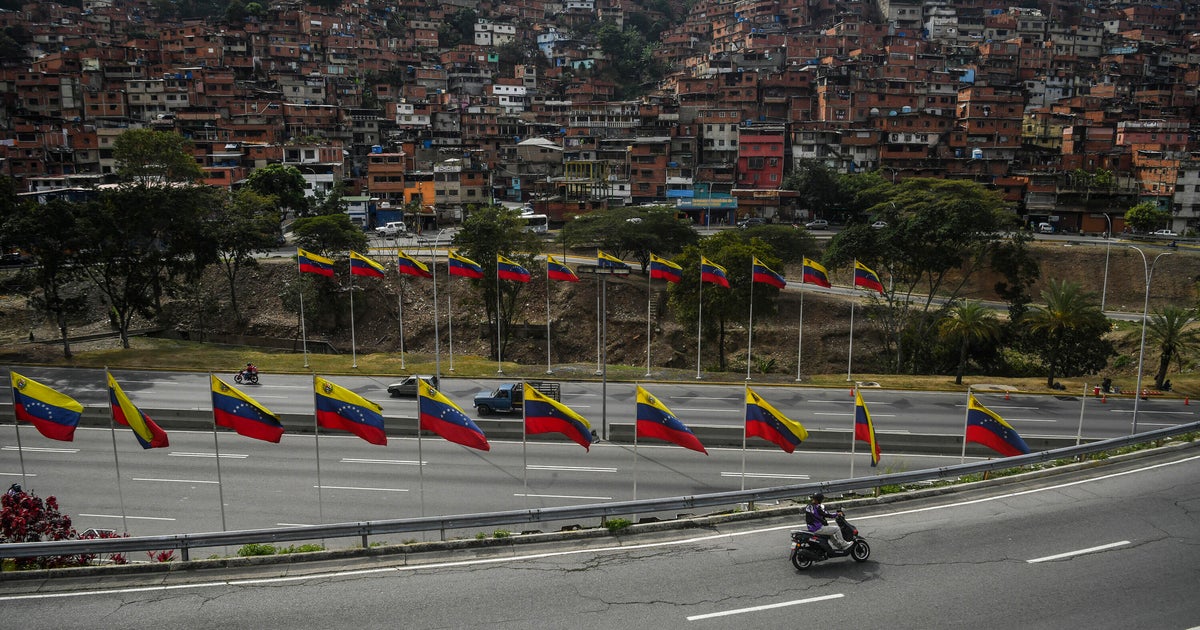Pakistan’s Solar and Battery Surge Reserve Power Unittor

[ad_1]
Pakistan testifies the change in its power as a country and accepts solar Photovoltaic (PV) and battery power storage programs to combat upper energy deficit and high cost of electricity.
In 2024, Pakistan imported 17gw for Solar PV and 1.25gwh of battery packets in Lithium-ion, added to its 40gw power.
This practice is expected to continue, by taking the battery possible to 830, adequate to address the highest number, and the sun can make many lunch.
The solar and batteries are not just calling energy costs to Pakistan users but also enhanced loyalty and contributing to the sovereignty in the country by reducing the imported oil.
However, this change sets new challenges for the grid stiffness and the integration of the program.
Quick growth of distribution creates a division between the users who rely on grid and those who cannot afford the grid solutions such as solar and batteries.
This is a mysterious “day” for the uncanny “daypiece of Pakistan’s national grid, including beauty to share the costs and effect of” that is “that-Pay” agreements with coal plants.
In 2024, the National Power Management Management Management (NEPRA) has reported that the payment of energy plants have passed PKR2TN ($ 7bn), the costs that must be obtained at senior cost of the depreciable Customers.
Dealing with these challenges and has made the transformation of energy including, the country evaluates funding measures such as combined finances and concession loan.
Centers such as Asia Development Bank (adb) and green weather conditions (GCF)
Pakistan’s power transformation and emphasizes the need for Utility-Scale Slale Solar projects to fill in the roof of the house and broadcasts, which are important to growing demands and making easy demand.
Financial solutions should look at all parts of the people to ensure that the speedy movement and maintenance helps the entire system of energy.
Some of the economies that appear can draw an important understanding of Pakistan’s experience. Recommendations include a change of energy and integrated power, including the power distributed in the system, including estate assets, including travel sector, and advance planning.




